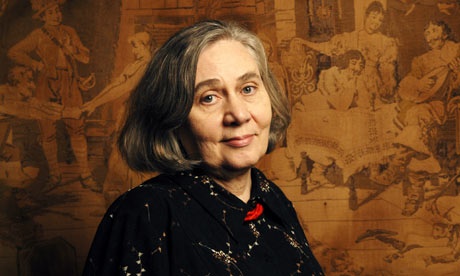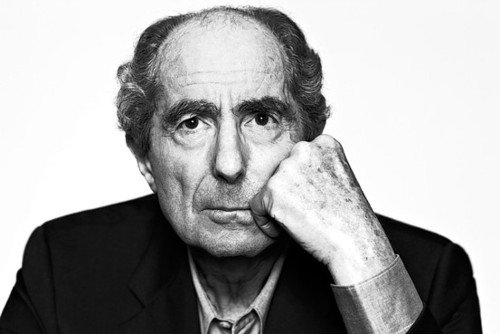A Survey of Writers on Contemporary Writers
Listening to writers read and discuss their work at Newtonville Books, the bookstore my wife and I own outside Boston, I began to wonder which living, contemporary writers held the most influence over their work. This survey is not meant to be comprehensive, but is the result of my posing the question to as many writers as I could ask.
MARILYNNE ROBINSON

© Ulf Andersen
JAMES SCOTT: In my MFA program, I remember one teacher had us go around the table and name our favorite authors, and one of the first few people said Marilynne Robinson andthe collective gasp made me scribble her name down and read Housekeeping right away. I’ve re-read itevery year since.
The first fifteen pages or so—the summary of her
grandparents and the train accident—could teach one everything he or she needs
to know about the art of writing. From the perspective to the voice to the
pacing to the vividness of the scenes, it’s as close to a perfect section as I
have ever read. It thematically sets up everything to follow, though that’s not
totally apparent until much later, which it’s why it’s critical that those
pages are memorable: they need to instantly make their mark and become the lore
of the family and the town.
KAREN THOMPSON WALKER: I read
Marilynne Robinson for her wisdom and her eye. Her writing has a way of
reminding me how extraordinary all the ordinary things of this world really
are. As the narrator of Gilead says, “This is an interesting planet. It
deserves all the attention you can give it.”
PHILIP ROTH

© Elizabeth Donnelly
T. COOPER: I guess
the world just sort of split a seam when I read my first Roth book, which I’m
pretty sure was Operation Shylock. Though Portnoy’s
Complaint was really the one that cracked the world open and completely
floored me. It wasn’t even that Roth was a conscious influence on my
development either. In an eerie way, I was seeing his influence on my
development in ways I hadn’t even realized until well after it happened. Both
figuratively, and literally—like not even having read a certain book of his
until after I was doing something that somehow came out as a distant relative
of it (for example, Portnoy, Plot Against America).
STUART NADLER: If I were to guess, I’ve read more
of Roth than I have of any other writer, which says something either about my
reading habits, or about how prolific a writer he’s been. I’m writing this two
weeks or so...
You have reached your article limit
Sign up for a digital subscription and continue reading all new issues, plus our entire archives, for just $1.50/month.
Already a subscriber? Sign in




